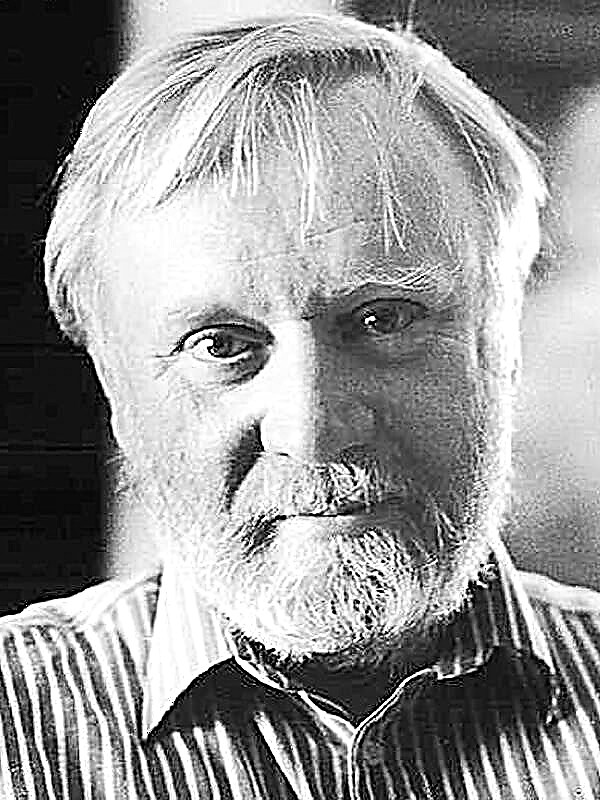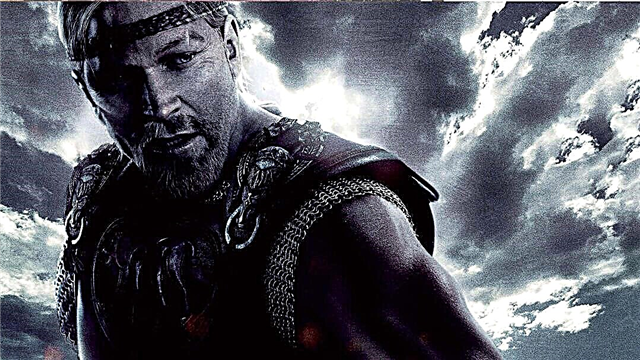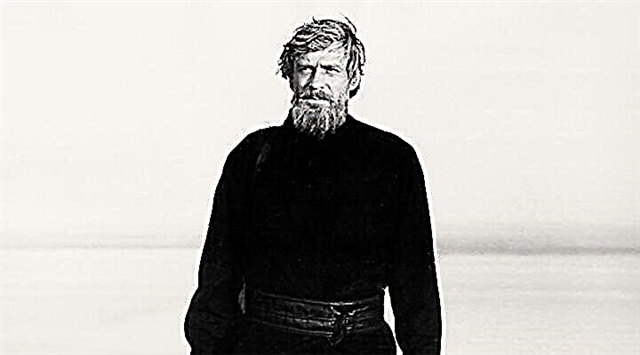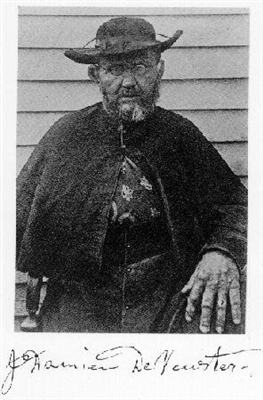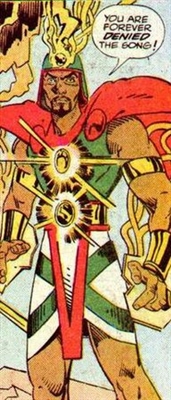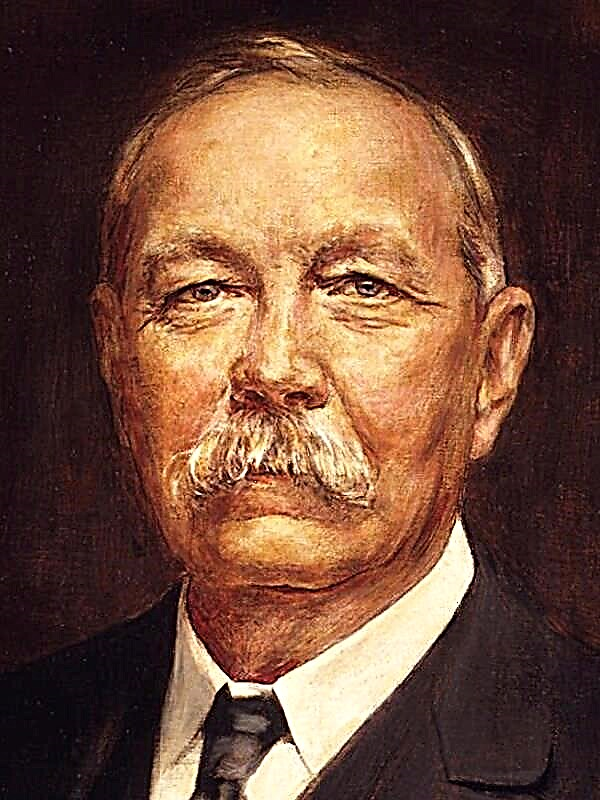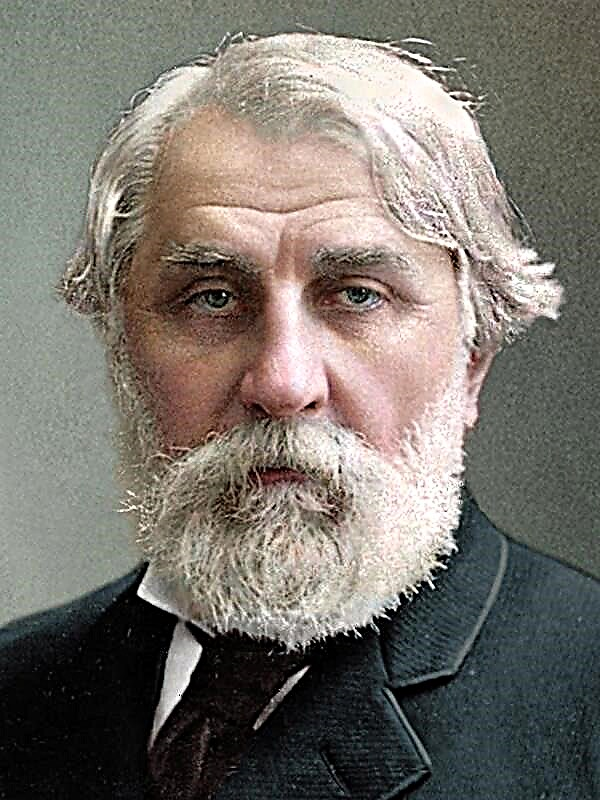(345 words) The theme of earthly happiness occupies an important place in the work of the great Russian writer A.P. Chekhov. On the pages of his stories and plays, he tells readers about the fate of ordinary, unremarkable people. As in real life, many of them are unhappy with their fate and are feverishly seeking their destiny and personal happiness. This is precisely the story the writer portrayed in his story Gooseberry.
In the story, Ivan Ivanovich tells his friends the story of his brother, Nikolai Ivanovich. Their father’s estate was condemned for his family debts, and Nikolai, who was very suffering from this, set his life’s goal to buy his own estate, in which his beloved gooseberry would grow. At first glance, we have a rather romantic story in which a person builds his little paradise on sinful earth, but this is not so. Nikolai saved his money all his life, was malnourished, squeezed every ruble, and even brought his wife whom he married because of her money to the grave. Living only in the distant and beautiful future, the hero sacrificed his present so that after many years of torment and effort, he would nevertheless buy such a coveted estate. Ivan Ivanovich, meeting his brother many years later, did not see real happiness, he saw only corruption, vulgarity and idleness. Nicholas, having settled in his estate, turned into a pampered inert master, degrading, withdrawn in himself and absorbed in petty concerns exclusively about his own well-being. According to Chekhov, such "happiness" is disgusting. Nikolai Ivanovich, confident that he had found bliss, found only his own grave, where he can live quietly, eat, sleep and spiritually rot, in order to eventually die, leaving nothing behind. At the end of the story, Ivan Ivanovich discusses how unhappy the people around us are, and a real person should by no means turn away from the suffering of others for the sake of personal bliss. Behind the door of every man in the street, convinced that his life is joyful and bright, there should be “someone with a hammer” and with a knock to remind him of what is happening outside his small world.
For Chekhov, the world is a cruel, suffering-filled place in which there is very little real happiness, and those who still find it should never forget that thousands of unfortunate people live in the world that cannot be forgotten for the sake of their egoism .


